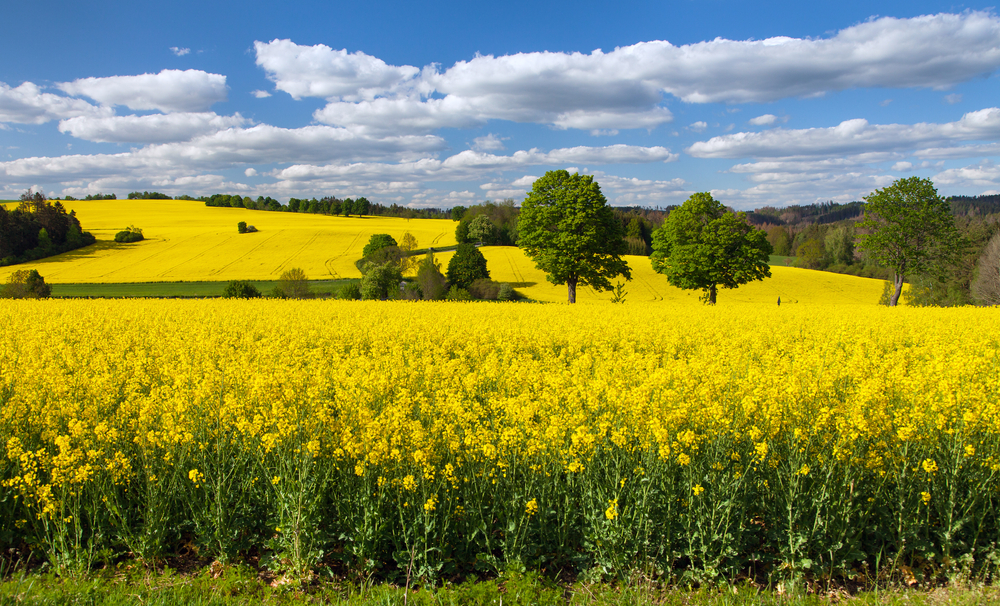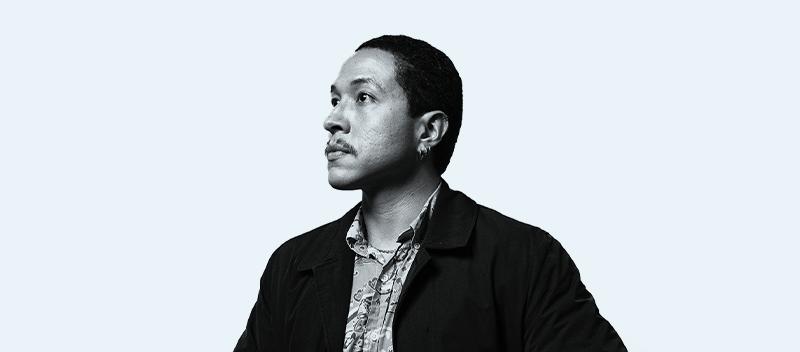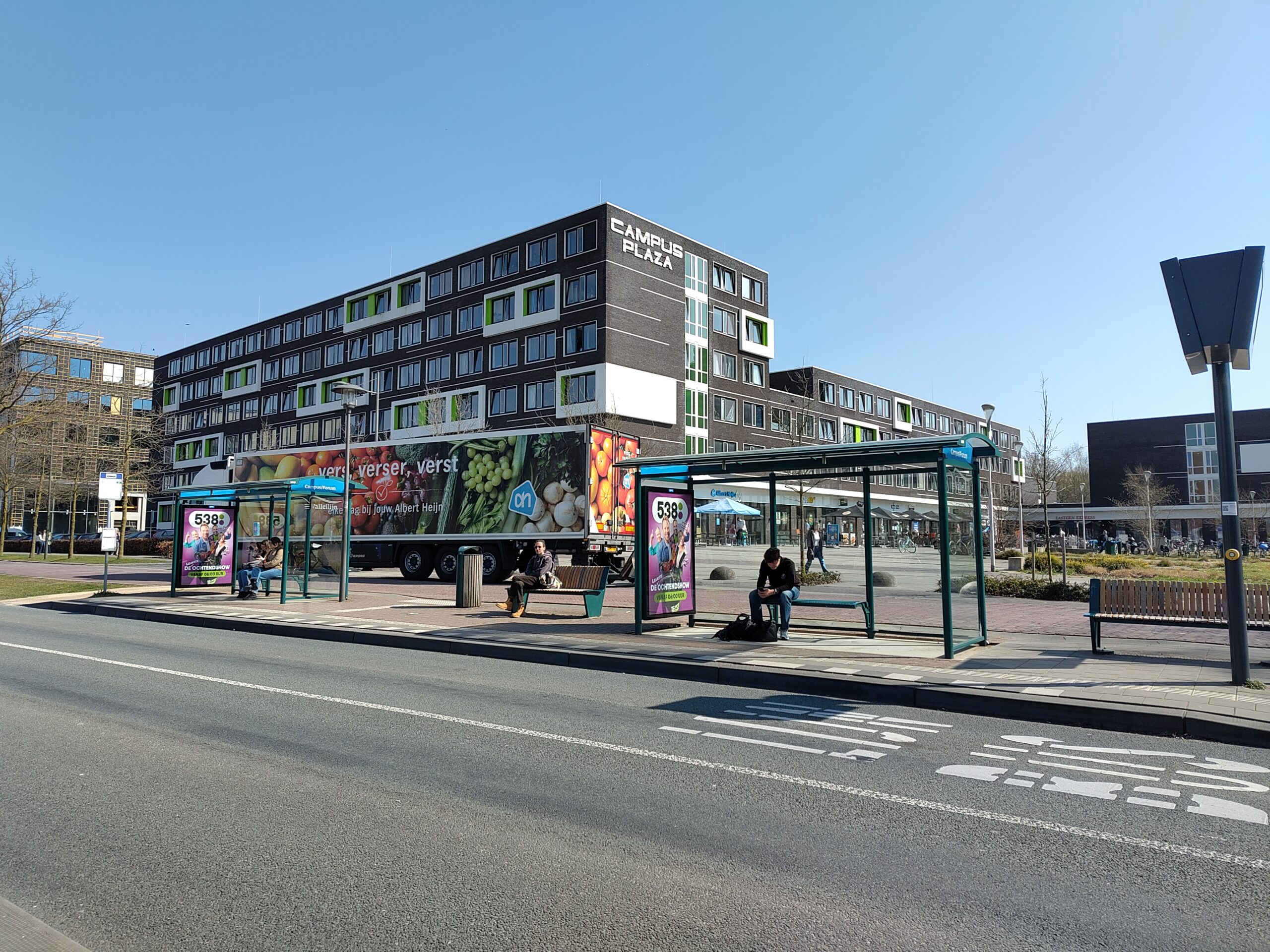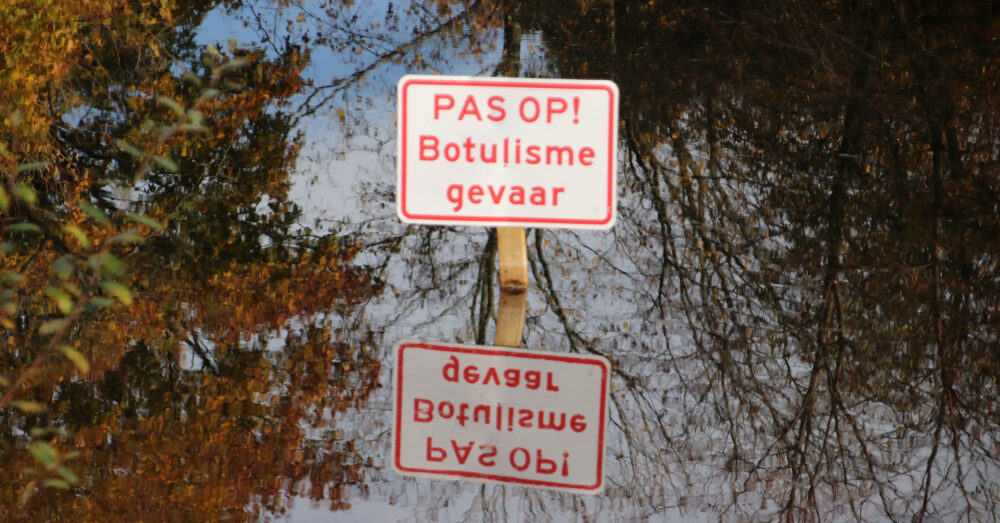Biomass plays an important role in the biobased economy, together with wind and solar energy, but it is a scarce resource in itself. How can we make the best use of biomass – wood, crops and plant waste? At the moment, European countries use oil crops to produce biodiesel, because the EU stimulates the production of biodiesel with subsidies. In general, the non-food use of biomass is governed by the market – in other words, by economic considerations. We therefore give priority to using biomass for high- value products like food, cosmetics and chemical building blocks. Only after that do low-value products such as feed and biofuels come into play.
Wood
Intense discussions are ongoing about the climate effects of biomass used for energy. Proponents state that biomass is the sustainable alternative for fossil fuels, while opponents claim that burning wood in power plants is as bad for our climate as fossil sources. Muscat wants to broaden this discussion so there is an ecological check on all biomass use.
Cosmetics
She thinks we first should use biomass for food and chemical building blocks, given that there are no alternatives in the biobased economy for these products. She would rank the use for cosmetics much lower – ‘we can do without it’. The use of biomass for feed calls for a broader analysis. As the world population continues to grow, we will need to eat mainly plant-based food and limit our meat consumption. That will limit the use of biomass for feed.
Soils
The proponents of bio-energy also claim that there is a lot of marginal land available on earth to grow energy crops – take the vast steppes of the Ukraine, for instance. We need an ecological check here too, says Muscat. ‘You can use crops and plant residues from degraded lands to produce energy, but you can also use them to improve the soils or for feed. My advice is that we check the CO2 effects of possible biomass use in different locations.’ She wants to draw up guidelines for raising the societal value of biomass.
Heat
‘We know that the bio-economy has to grow, to replace the fossil fuel economy. Let’s make the right choices in this process so that we do not use biomass to heat our houses; we have better options for that. Moreover, it would help if we utilized recycling schemes, ecological frameworks and ecological engineering to build a bio-economy with nature.’ Abigail Muscat received her PhD degree on 21 April.

 Do we need rapeseed for food, feed or fuel? Photo Shutterstock
Do we need rapeseed for food, feed or fuel? Photo Shutterstock 

